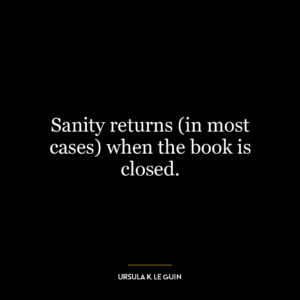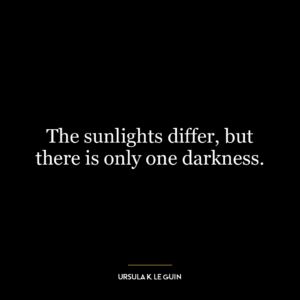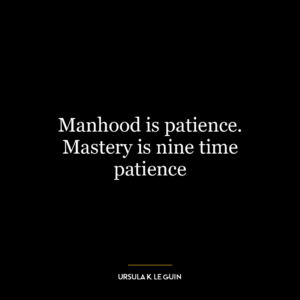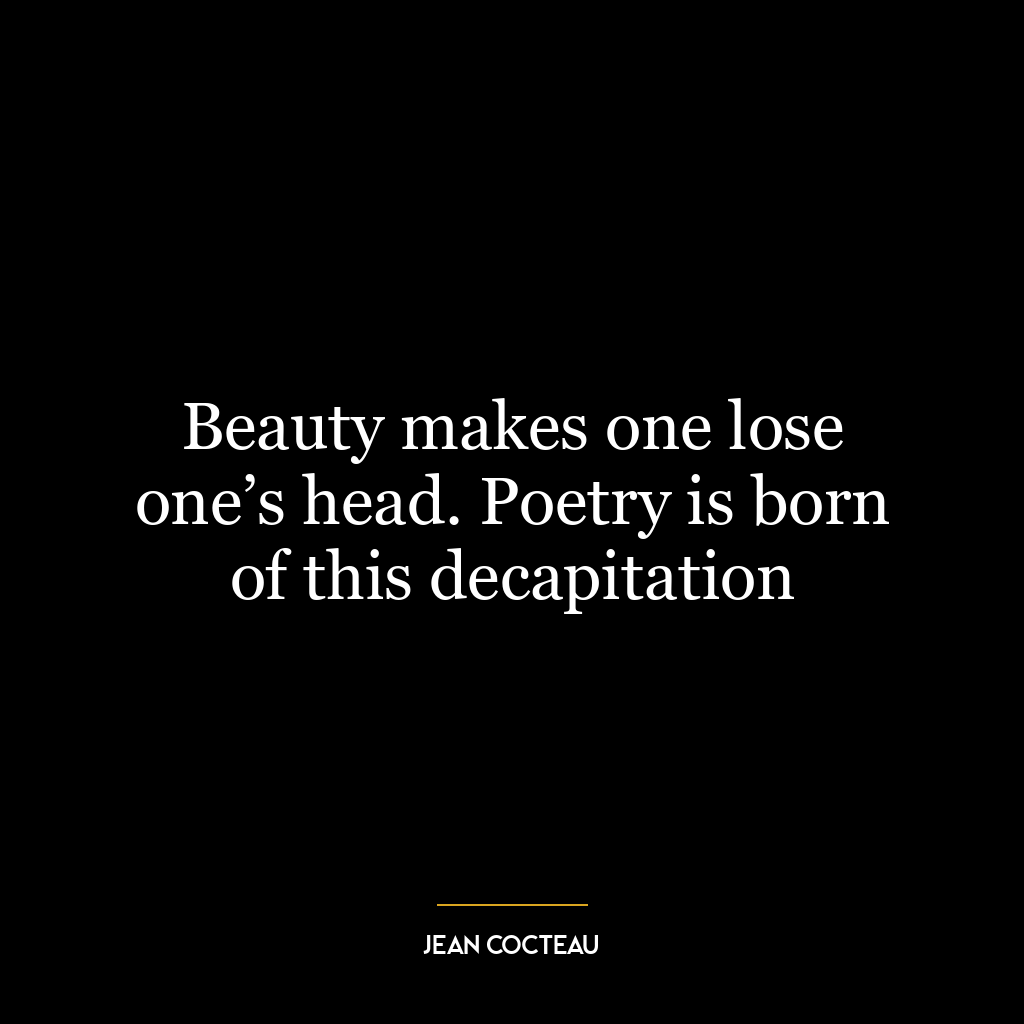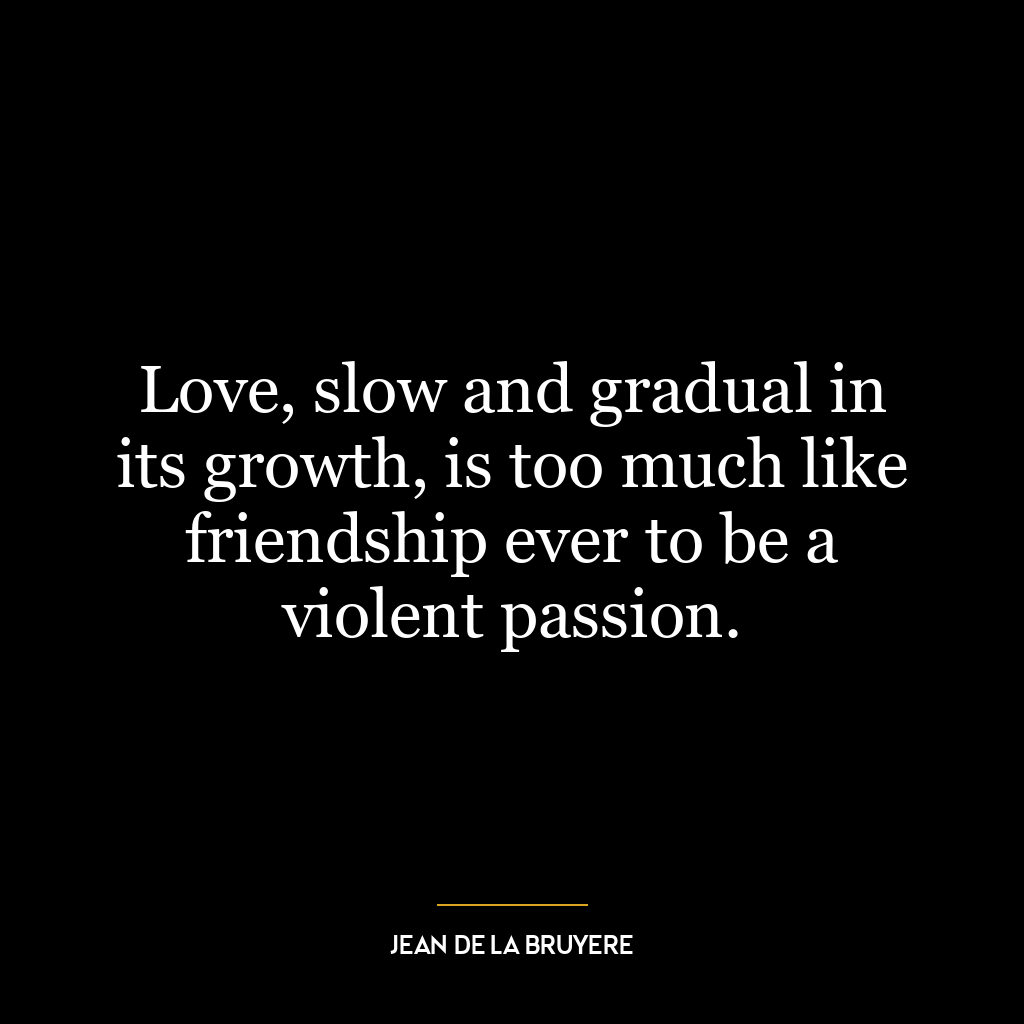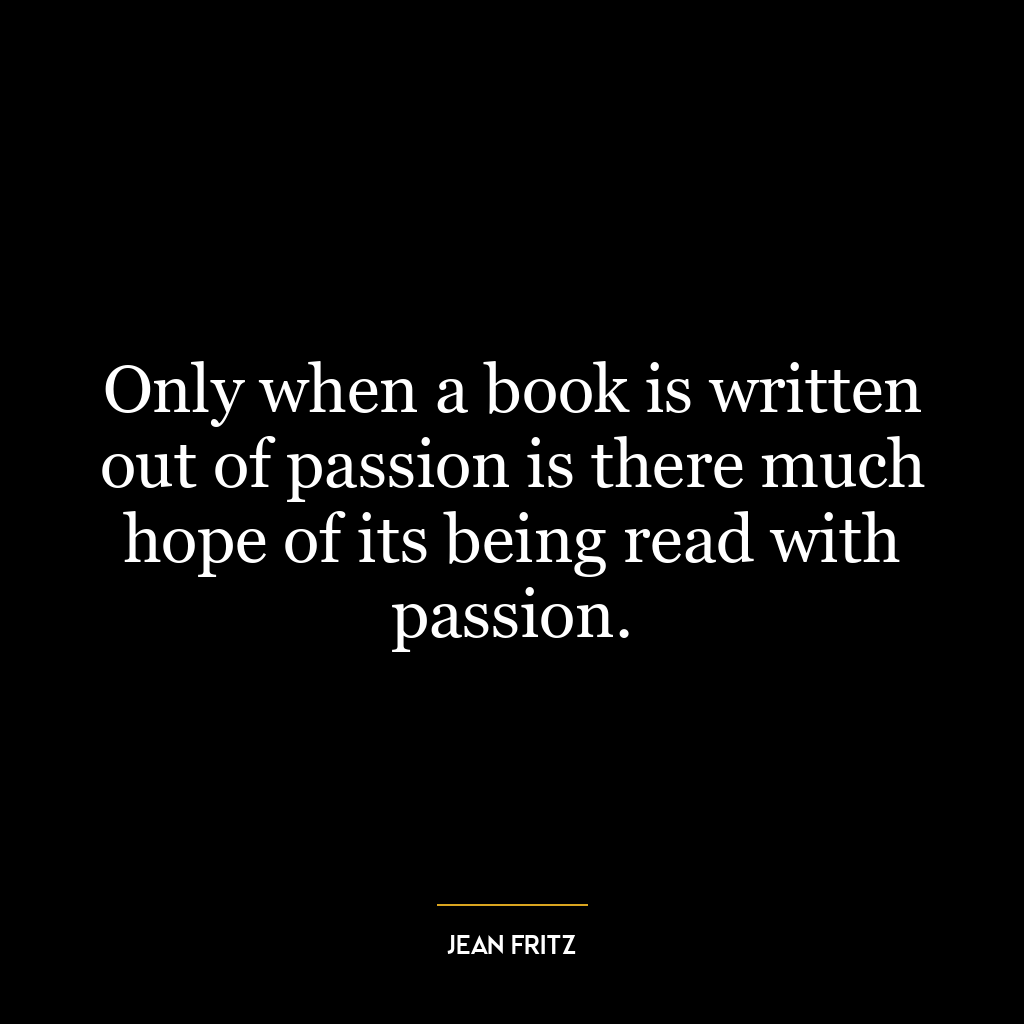Everything gives way before the recurring torment and festivity of passion.
This quote underscores the overpowering nature of passion, describing it as both a torment and a festivity. It suggests that passion, in its many forms, has the capacity to overrule everything else in life. The dual characterization of passion as both tormenting and festive encapsulates its complex nature. Passion can be a driving force that compels individuals to pursue their dreams, hence the ‘festivity’. However, it can also be a source of torment, especially when the object of passion is unattainable or its pursuit leads to negative consequences.
The ‘recurring’ aspect of passion indicates its persistent nature. It’s not a one-time event, but a continuous force that keeps returning, again and again, shaping our actions and decisions. It’s a cycle of high intensity emotions that can both elevate and devastate.
In today’s world, this idea is highly relevant. People are often advised to ‘follow their passion’ in their careers and personal pursuits. This can lead to great satisfaction and success when the passion aligns with one’s skills and opportunities. However, an unchecked passion can also lead to obsession, burnout, and disappointment if it’s not managed wisely or if it’s directed towards unattainable goals.
In terms of personal development, understanding the dual nature of passion can help individuals navigate their life choices. It’s important to recognize that while passion can provide motivation and purpose, it should not be allowed to override everything else. Balance is key. Passion should be pursued, but not at the expense of other important aspects of life like health, relationships, and peace of mind. Recognizing when passion becomes tormenting rather than festive can serve as a signal to reassess one’s direction and make necessary adjustments.







